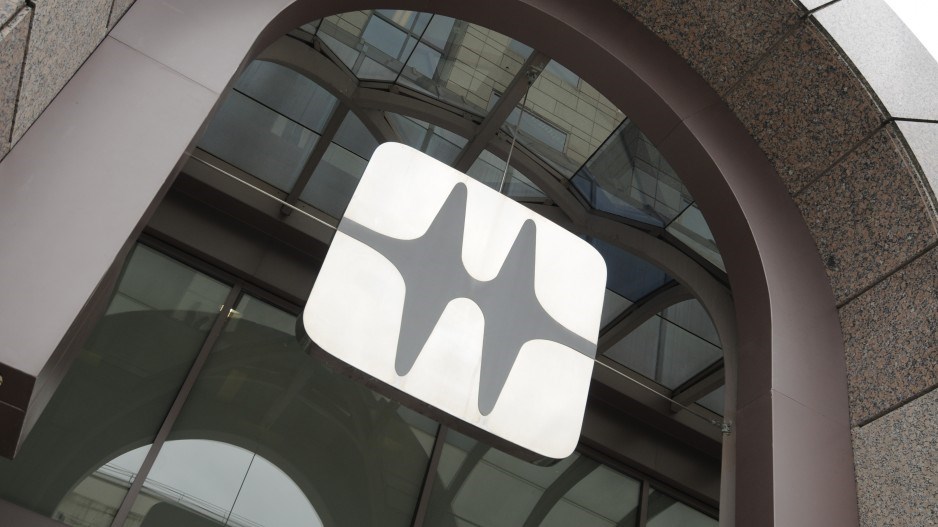Although the primary task for the BC Utilities Commission (BCUC) in reviewing Site C will be to determine its need, the likelihood of its being built on budget and its impacts on ratepayers, a former BC Hydro CEO hopes the commission will also ask why BC Hydro awarded a $1.75 billion contract to a consortium that included a company that was already on the ropes and is now in receivership.
In his submission to the BCUC, Marc Eliesen questions why Peace River Hydro Partners (PRHP) was awarded a $1.75 billion main civil works contract.
Two of the partners are international companies – Acciona Infrastructure Canada Inc. and Samsung C&T Canada Ltd. The third, Petrowest Corp. (TSX:PRW), is a Canadian company with operations in Alberta and B.C. It had a 25% share in the consortium.
Last month, Petrowest was forced into receivership when its main lender, the Bank of Montreal, called in its loans, and Acciona served the company notice of termination from the consortium for failing to cover its share of working capital. The company owes $66.8 million to creditors, including $15.6 million that is unsecured.
Eliesen said it should have been apparent to BC Hydro when it awarded the contract in November 2015 that Petrowest was already struggling to meet its commitments to creditors.
“How was Petrowest ‘qualified’ by BC Hydro?” Eliesen asks in his submission to the BCUC.
Despite having a 25% stake in a $1.75 billion contract, the company’s creditors didn’t have confidence in the company’s financial viability and called in their loans last month. Eliesen suggests there was a lack of due diligence on the part of BC Hydro.
“If you looked at their financial record during the time [the contract] was negotiated, they were already in deep financial difficulty with their creditors,” Eliesen told Business in Vancouver.
PRHP was one of four consortiums bidding on the main civil works contract. Nineteen months after Business in Vancouver filed a freedom of information request, the B.C. government released the bid prices, confirming that the PRHP bid was the lowest. The other bids came in at $1.86 billion, $2.13 billion and $2.42 billion.
But the documentation that was released also suggested that the awarding of the contract had been rushed. In one email to a BC Hydro staffer, former BC Hydro CEO Jessica McDonald wrote, “There is a very tight timeframe for announcement of this award.”
The documents released to BIV also suggest a lack of documentation on the bidding process and the bid prices.
A staffer responding to BIV’s freedom of information request said a single PowerPoint presentation was the only available document “that says anything about the price of the main civil work procurement for Site C.”
While the other three consortiums were international engineering and construction firms, PRHP at least had a western Canadian company involved.
One of the companies that made up Petrowest was Quigley Contracting, a Fort St. John contractor that Petrowest acquired in 2007.
When the main civil works contract was awarded and announced in November 2015, then energy and mines minister Bill Bennett said the company had a track record of hiring locally and that it would give preference to B.C. and First Nations workers before going outside of B.C.
Eliesen said PRHP may have earned “brownie points” for having a local company involved. Otherwise, he said, he can’t fathom why BC Hydro would have awarded the contract to PRHP, given that Petrowest already appeared to be struggling.
That the company’s lenders called in their loans, despite Petrowest having a 25% share in a $1.75 billion contract, says something about the company’s financial state, Eliesen said.




